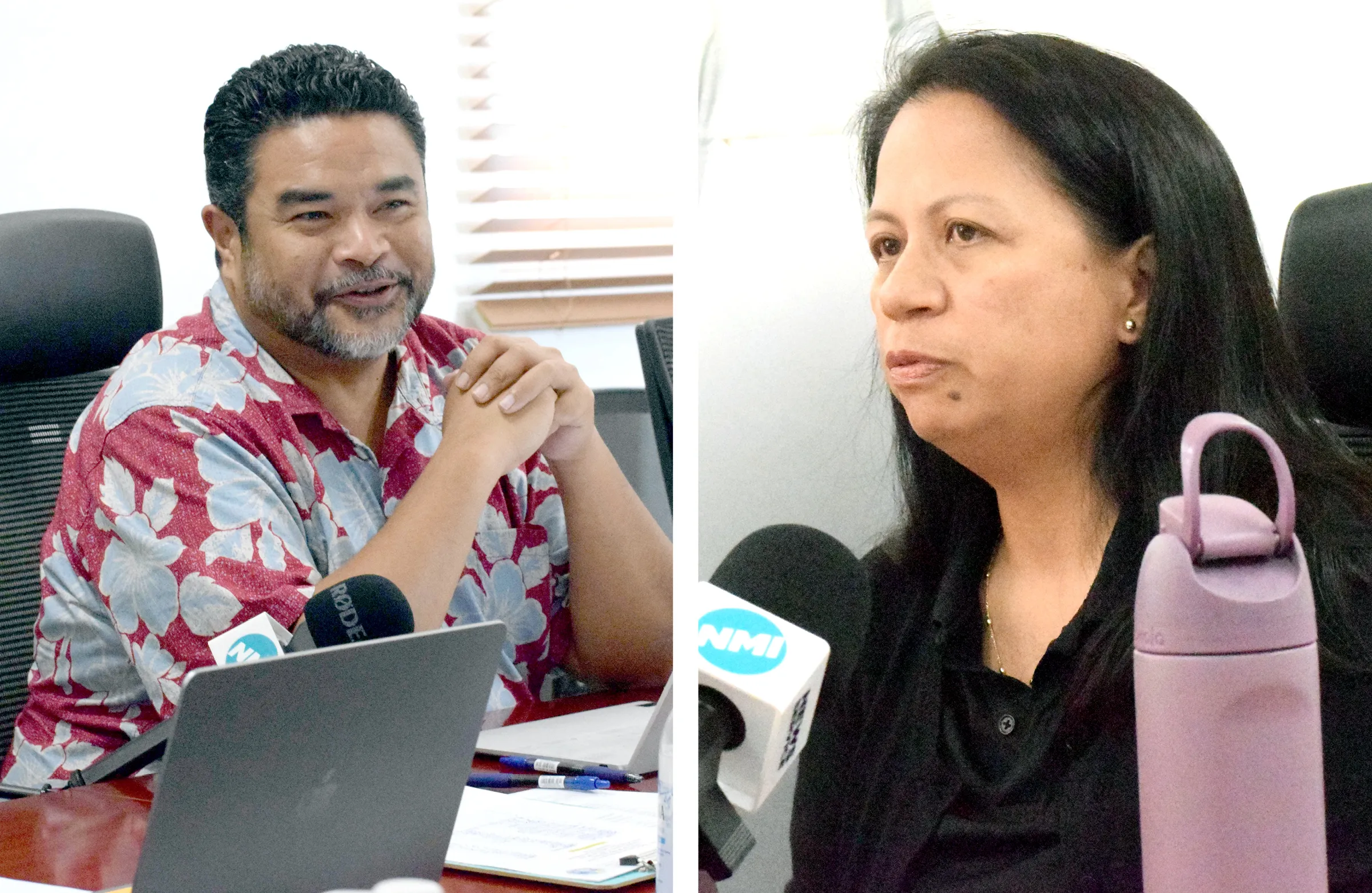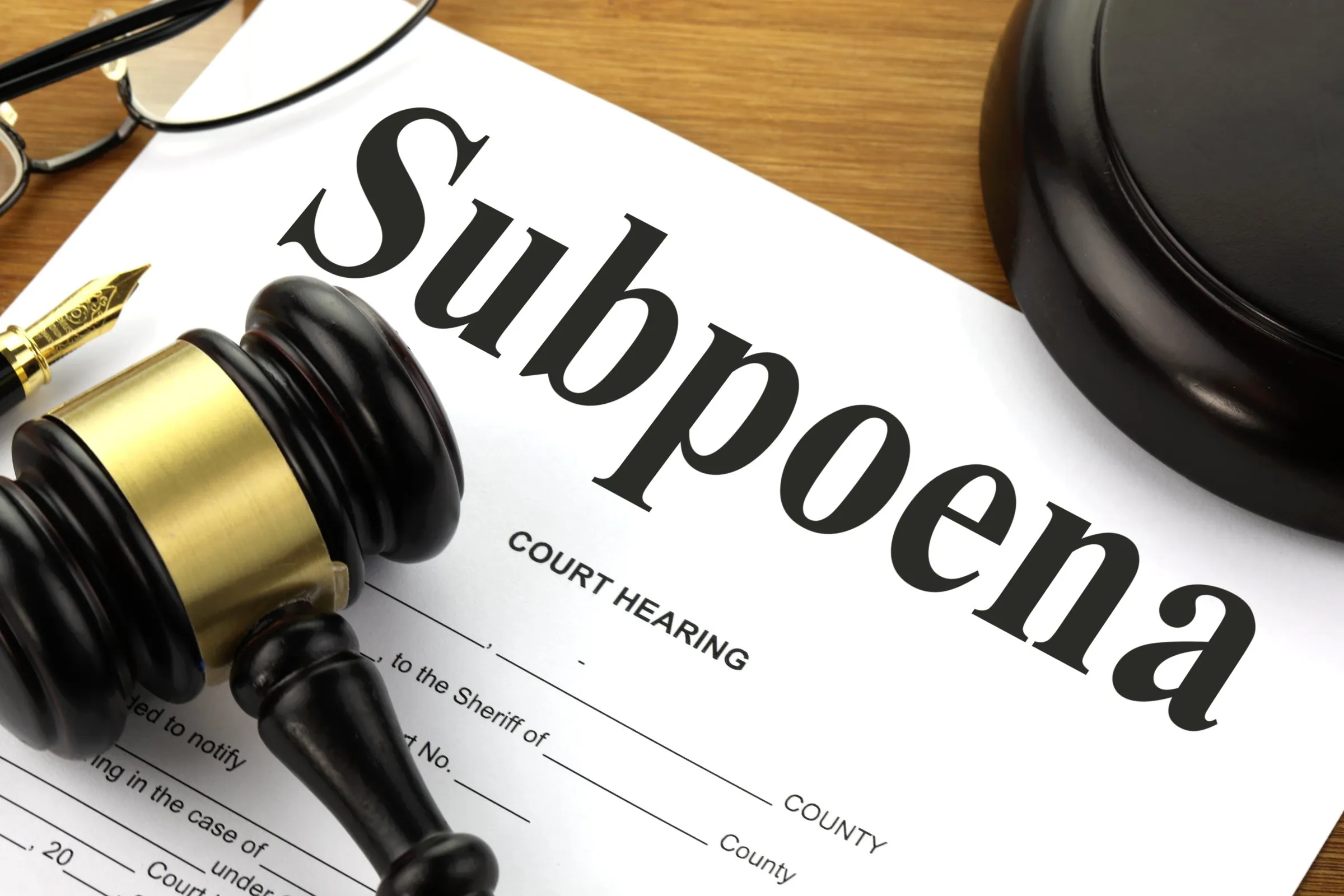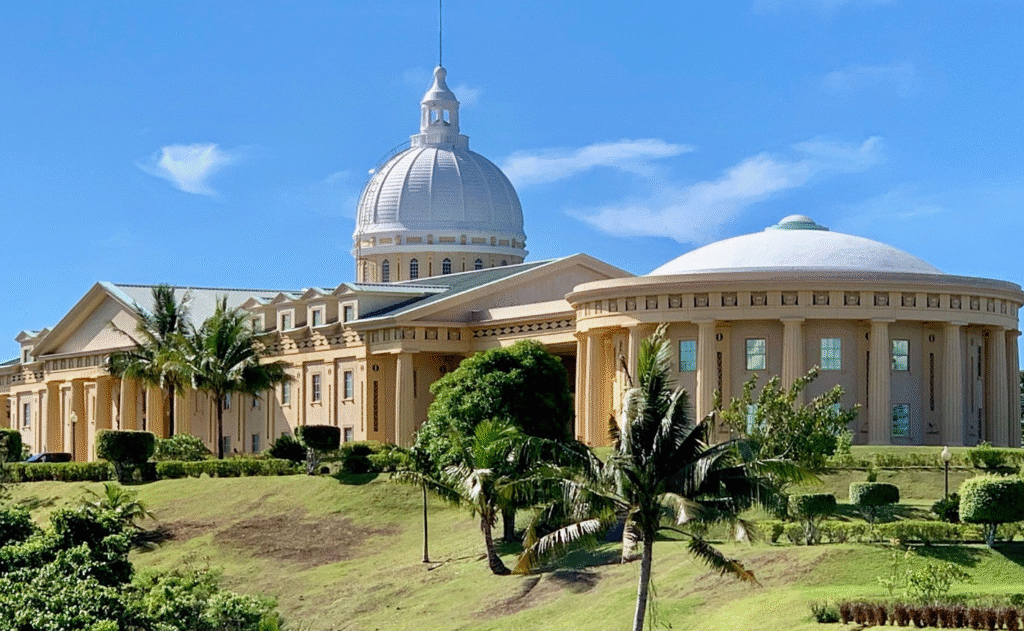
The Palau Capitol in Ngerulmud.
KOROR (Island Times/Pacnews) — With just over a week before the new fiscal year begins, Palau’s 2026 budget bill is stalled as House leaders travel overseas.
Their absence means there is no quorum to call a session or form a conference committee to iron out differences between the Senate and President Surangel Whipps Jr.
The Senate passed its version of the budget on September 18 and forwarded it to the House of Delegates.
But the bill has sat idle because the House Speaker, Floor Leader and House Chairman of the Ways and Means Committee — all key figures in the process — are off-island. Some are accompanying Whipps to the United Nations General Assembly in New York, while others are in Taiwan.
Without its leadership and no quorum, the House cannot convene a session, form a conference committee to reconcile differences with the Senate, or even act on a temporary spending measure known as a continuing resolution. That leaves the government facing a shutdown when the current fiscal year ends September 30.
The impasse highlights deep disagreements between the President and the Senate over how the government should spend and account for public money.
• Audit reports: The Senate insists that independent audit reports are necessary for transparency and accountability, citing both Palauan law and U.S. Compact requirements. President Whipps argues that quarterly financial reports are sufficient and accuses senators of using audits as an excuse to delay.
• Salaries: The President supports a 10% across-the-board pay raise for government workers, saying it offsets rising costs. The Senate favors targeted cost-of-living adjustments instead, calling the blanket increase “arbitrary” without financial studies.
• Government structure: Whipps wants to create new offices to improve efficiency. The Senate says strengthening existing offices with similar mandates makes more sense.
• Taxes and subsidies: Perhaps the biggest point of conflict is the Senate’s proposal to reduce the Palau Goods and Services Tax while increasing subsidies. The President argues the move risks government revenue and stability.
Whipps has repeatedly criticized the Senate for tying the budget to pending audits, calling it an unnecessary obstacle.
On a radio talk show last week, he argued that senators already receive quarterly financial reports with income and expenditure details.
“Audit report is a compliance document,” Whipps said, adding that audits confirm legal spending but are not essential for budget planning. He accused the Senate of making “excuses” to delay passage.
Senate Ways and Means Chairman Mark Rudimch disagrees.
He said independent audits are vital for accountability and transparency.
“Without prompt audit reports, opportunities to correct wasteful spending and strengthen financial controls are lost,” Rudimch said, citing 40 PNC § 223, which requires audits to be submitted to the Senate by June 30 each year.
That law mandates audits of the National Treasury, trust funds, agency accounts, contracts, grants, and other financial transactions, including personal service and prime contracts.
Rudimch stressed that U.S. officials have also flagged delays, warning Palau to meet its obligations under the Compact of Free Association.
A U.S. diplomatic note sent to Palau in July reminded the government of its Compact duty to perform financial and compliance audits under the U.S. Single Audit Act.
Audit results, it said, must be available by the third quarter of the following fiscal year.
Rudimch warned that late submissions erode oversight and could damage Palau’s credibility with its partners.
Whipps wants to keep the 10% pay raise approved in last year’s budget, calling the Senate’s decision to cut it “the worst decision ever.”
He argued the increase helps families manage rising costs.
Rudimch countered that the raise was adopted “arbitrarily, without any analysis of funds availability.”
He said the Senate favors a cost-of-living adjustment while it studies long-term pay structures. He also noted that more than 200 government jobs remain vacant, representing about $3.5 million in unspent funds that should be reviewed before committing to permanent increases.
The Senate has also proposed a continuing resolution to extend current funding until October 30 to avoid a shutdown. But that measure, too, is stalled in the House with no quorum to act.
As the September 30 deadline approaches, the stalemate underscores a broader clash between the Senate’s focus on oversight and the President’s push for swift action and worker pay raises.
For now, the budget bill remains in limbo — and Palauans are left waiting to see if their government will keep its doors open on October 1.










